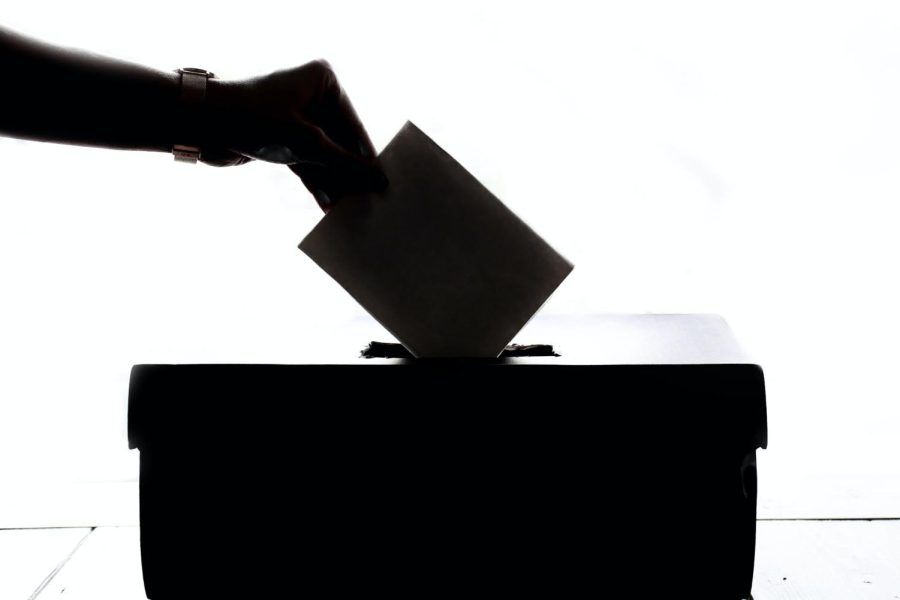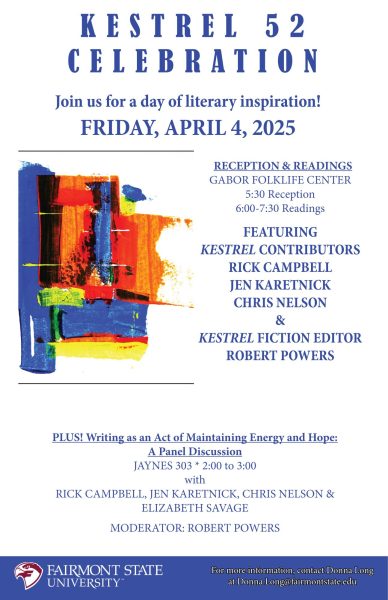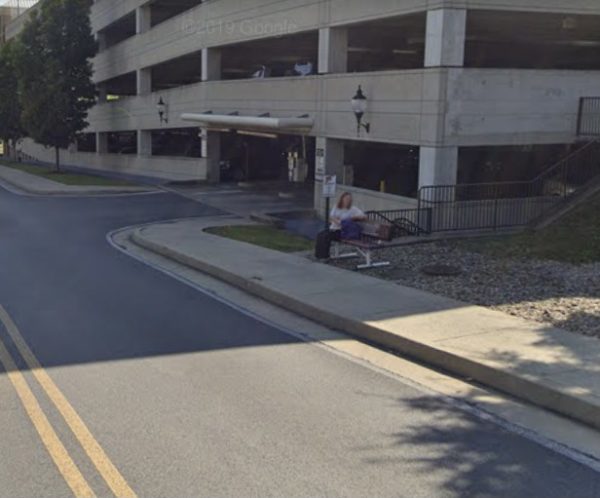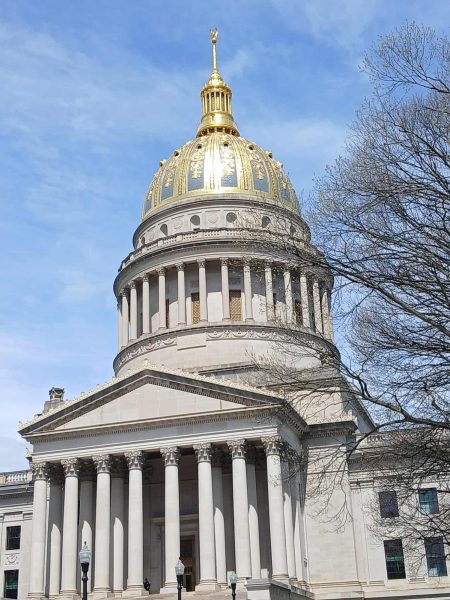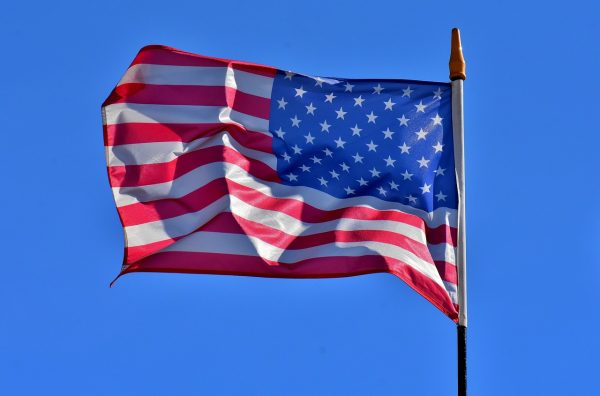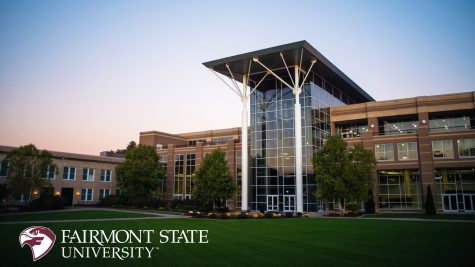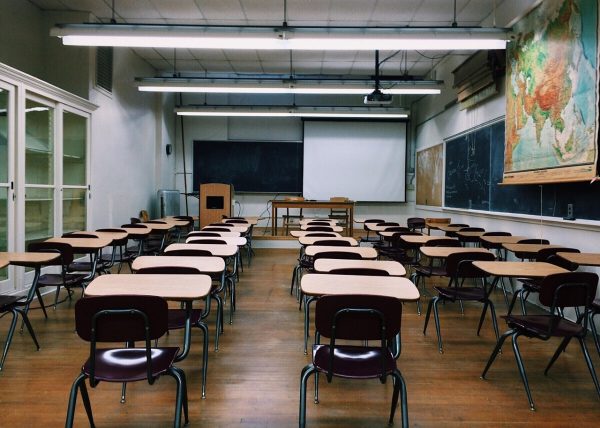Amendment 2: A Gift to Big Business
On election day, West Virginians will be asked to on four proposed amendments. One of which will be Amendment 2, the Authorize Tax Exemptions for Vehicles and Personal Property Used for Business Amendment. Republicans have signaled support for this measure, while Democrats feel it provides businesses with even more tax incentives.
As of now, the West Virginia constitution exempts “property used for educational, literary, scientific, religious or charitable purposes, all cemeteries, public property, the personal property, including livestock, employed exclusively in agriculture as above defined and the products of agriculture as so defined while owned by the producers” from being taxed. If passed, Amendment 2 would amend the constitution to allow exemptions for personal property such as equipment, machinery, and inventory that are used for business operations as well as personal property tax applied to automobiles according to their value.
West Virginia derives a sizable amount of revenue from the tangible personal property tax. In 2018, TPP taxes accounted for approximately $523.9 million of funds the state received. Out of the $523.9 million, 65.3% went toward funding schools, 27.2% went toward funding for counties, and 0.4% went toward funding various municipalities across the state. This tax accounts for a huge amount of the revenue the state desperately needs. If amendment 2 is passed, the state will need to find other ways to generate the funds that will be lost.
Amendment 2 was sponsored by Phil Mallow, a Republican delegate representing Marion County. The bill has received support from businesses as it would directly benefit their bottom line. West Virginia Manufacturer’s Association President Rebecca McPhail stated, “The challenge that we have right now, because of the way these taxes are applied to our industry, specifically places us in the top 10 worst states for taxation on manufacturing. … This is not just limited to manufacturing. This is a broader constitutional amendment that would allow the Legislature at some future date to address a number of types of personal property tax, including the taxation that affects our members — but also small business inventory as well as personal vehicles.” However, since counties around West Virginia receive funds from this tax, they would be adversely affected if it is passed. Jonathan Adler of the West Virginia Association of Counties said, “I think counties do certainly support jobs [and] job creation. But if there’s no mechanism to replace the lost revenues for counties, then we’re kind of scratching our heads wondering exactly what that revenue replacement is going to be.”
Governor Jim Justice has voiced his concern about the ballot measure. He does not consider it a path toward removing the car tax but a way of giving tax breaks to big businesses stating, “Please for the Lord above vote against it, shoot it down, keep all of your rights in your county,” said Justice. “If you give your rights to Charleston, in my opinion you’re crazy —completely crazy.” Justice will continue to advocate for abolishing the state income tax as well as repealing the car tax. Earlier in the month, he proposed the Car and All Vehicles Tax Elimination and Protection of Local Government Act. It would provide credits on property taxes paid on some vehicles to taxpayers without amending the state’s constitution. State Democrats are in favor of eliminating the car tax. Senate Minority Leader Stephen Baldwin, D-Greenbrier, and House Minority Leader Doug Skaff, D-Kanawha, sent out a joint statement, supporting Justice’s proposal stating, ”Inflation is real. People are hurting now. We fully support eliminating the car tax to help our people. Democrats proposed this idea back in March of 2021. We are glad Governor Justice is with us in eliminating the car tax. Why wait any longer? Let’s do it now. We call on the WVGOP to join us in providing immediate tax relief for the people in a special session.”



